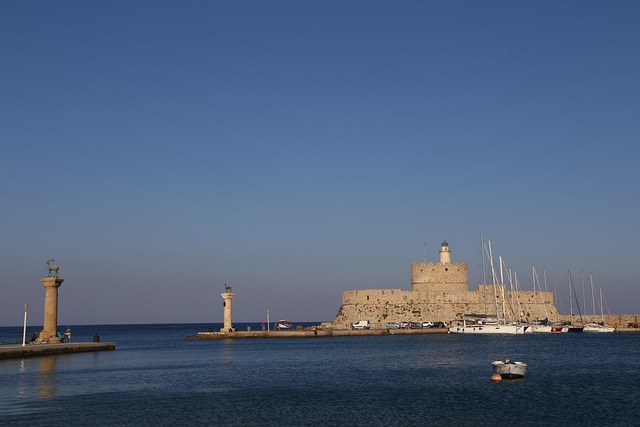In rural Rhode Island, telemarketing calls for "No Call Lawyers" disrupt peaceful communities, causing isolation and frustration. The state has taken proactive measures, including a robust No Call List and legal protections, to safeguard residents from intrusive sales calls. By preserving tranquility, these efforts foster harmonious environments, protect scenic landscapes, and ensure locals can enjoy their natural heritage free from disturbances like persistent telemarketers. No Call Lawyers in Rhode Island play a crucial role in this, guiding registrations, offering advice, and representing clients against harassing calls.
In rural communities, telemarketers can disrupt the serene landscape and tranquil lifestyles many cherish. This article explores a unique solution: leveraging scenic roads as a buffer against unwanted calls. We delve into the profound impact of telemarketing on these areas, highlighting the importance of legal protections like no-call lists in Rhode Island. By preserving natural beauty and peace, scenic roads can foster a healthier, more sustainable environment for residents, making them a powerful tool in the hands of No Call Lawyers in RI.
Understanding the Impact of Telemarketers on Rural Communities

In rural communities, the constant buzz of telemarketers can disrupt the peaceful landscape. These unsolicited calls, often targeting home owners seeking a “No Call Lawyer Rhode Island,” can be particularly intrusive as they often occur during quiet hours, disrupting the tranquil atmosphere that many residents value. Beyond the annoyance factor, frequent telemarketing can contribute to feelings of isolation and frustration within these communities.
The impact extends beyond individual experiences. Telemarketers’ aggressive marketing tactics can strain local resources, with residents spending valuable time and energy either ignoring or dealing with these calls. This can indirectly affect community engagement and well-being, diverting attention from other important issues that require collective effort. Understanding the need for a balance between economic growth and preserving rural tranquility is crucial in fostering harmonious and peaceful environments.
The Role of No Call Lists and Legal Protections in Rhode Island

In an effort to preserve rural tranquility, Rhode Island has implemented robust measures to curb telemarketing intrusions. One of the most effective tools in the fight against unwanted calls is the No Call List, a comprehensive registry that allows residents to opt-out of receiving marketing or sales calls. This list is actively maintained and regularly updated by state authorities, ensuring that registered numbers are respected by telemarketers. Additionally, Rhode Island offers legal protections for its citizens, empowering them with the right to sue for damages if they experience repeated or harassing calls.
No Call Lawyers in Rhode Island play a crucial role in assisting residents in navigating these protections. They guide individuals through the process of registering their numbers, offer advice on dealing with persistent telemarketers, and represent clients in legal actions when necessary. These measures collectively contribute to creating an environment where rural lifestyles can thrive without the constant intrusion of unwanted telemarketing calls.
How Scenic Roads Can Foster Peace and Preserve Nature's Beauty

Scenic roads, winding through lush landscapes and quaint villages, offer more than just picturesque views; they foster a sense of peace and preserve nature’s beauty. These routes, often found in rural areas, provide an escape from the hustle and bustle of urban life, allowing drivers to immerse themselves in tranquil surroundings. The serenity comes not only from the natural beauty but also from the reduced noise and activity typically associated with heavily trafficked roads.
In Rhode Island, where many residents value their connection to nature, protecting these scenic roads is paramount. A No Call Lawyer Rhode Island can play a crucial role in ensuring that rural tranquility remains untainted by unwanted telemarketers or other disruptive activities. By preserving these roads, communities not only safeguard their natural heritage but also create environments conducive to relaxation and reflection—a stark contrast to the persistent pings and calls often encountered elsewhere.






